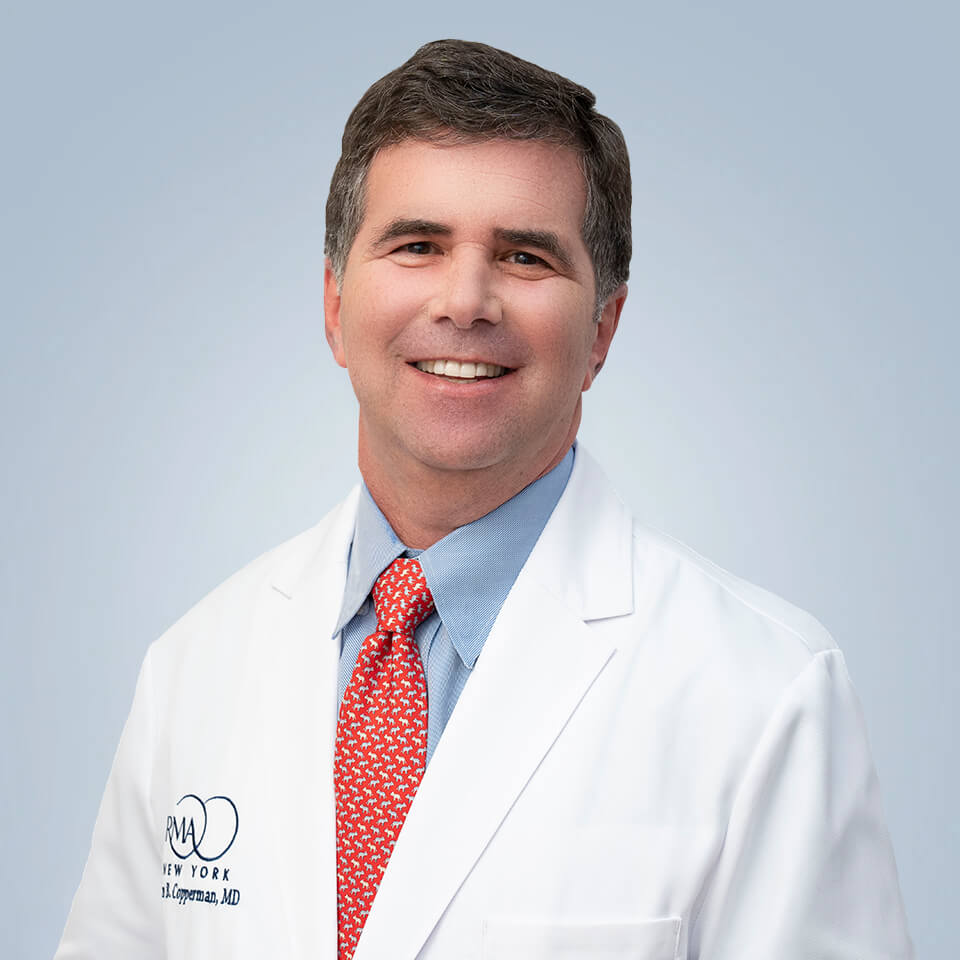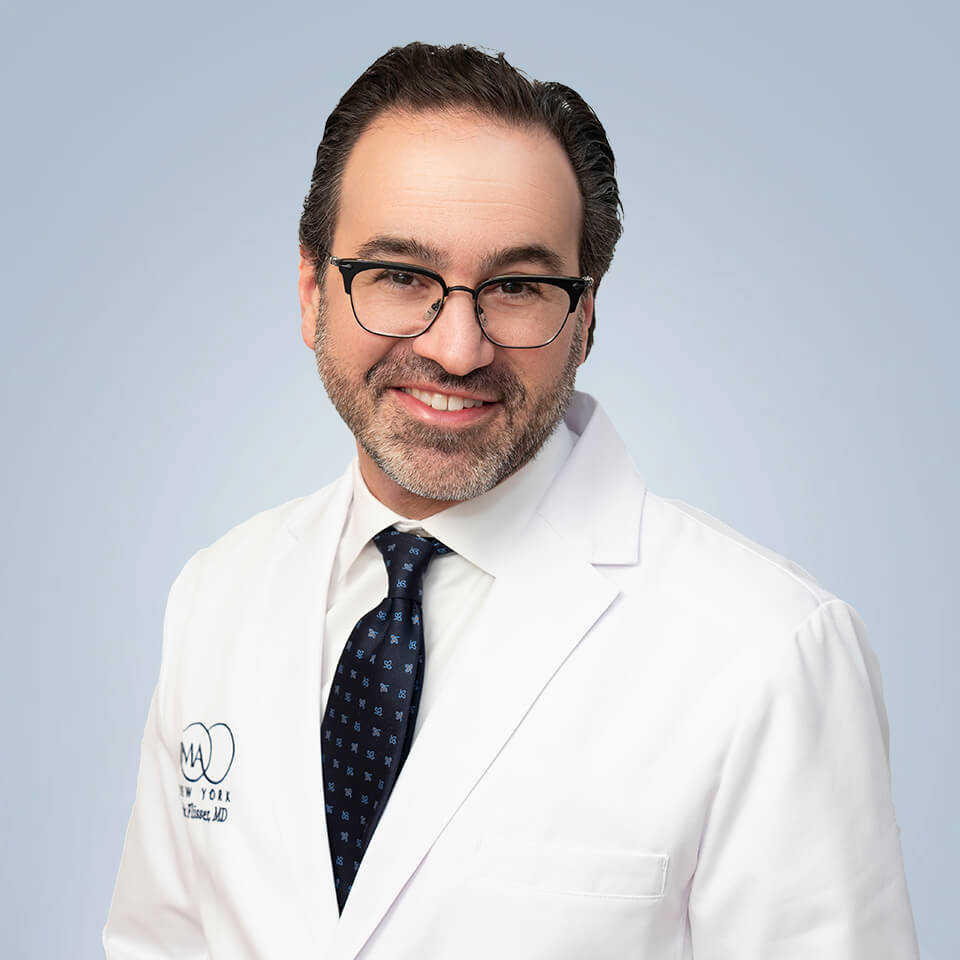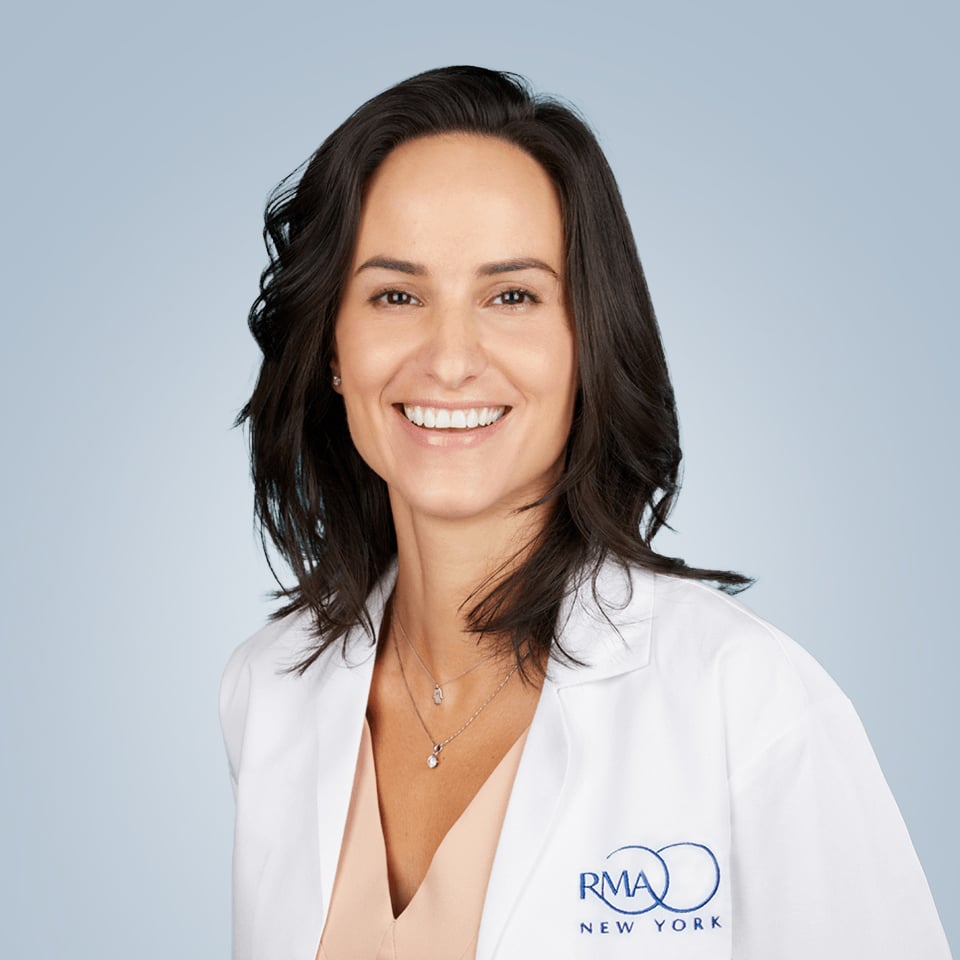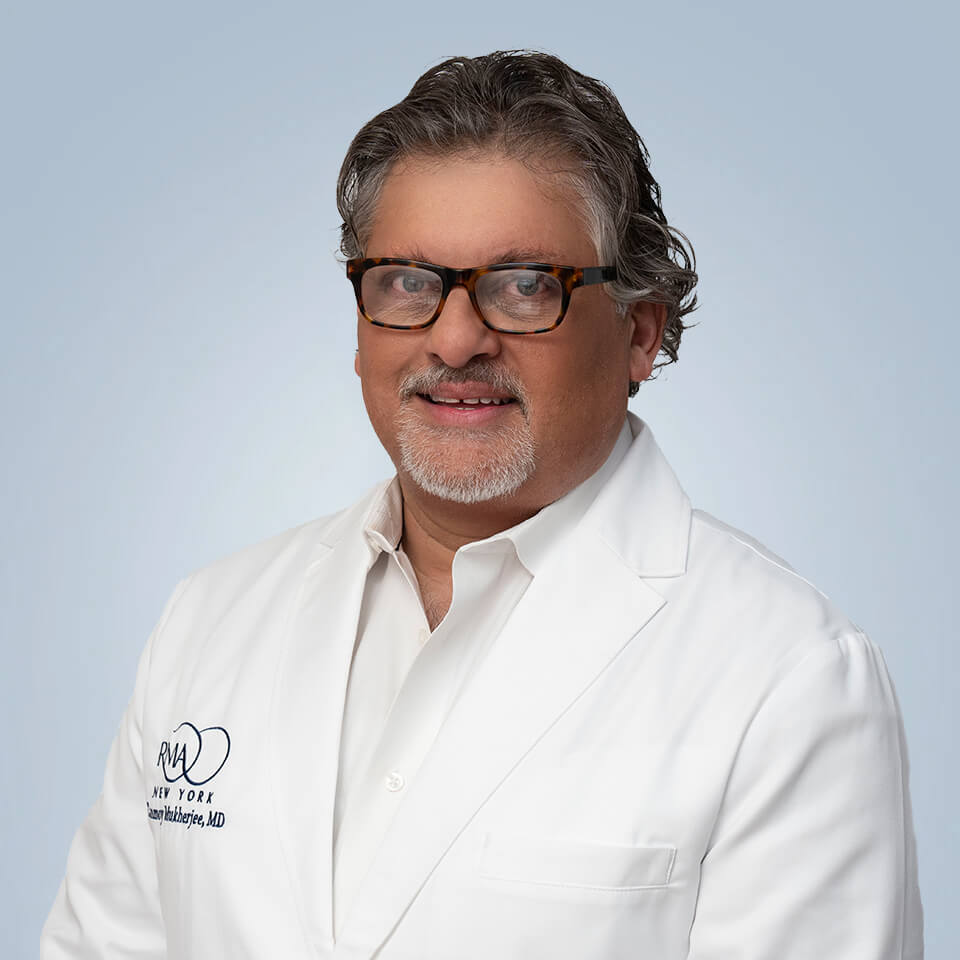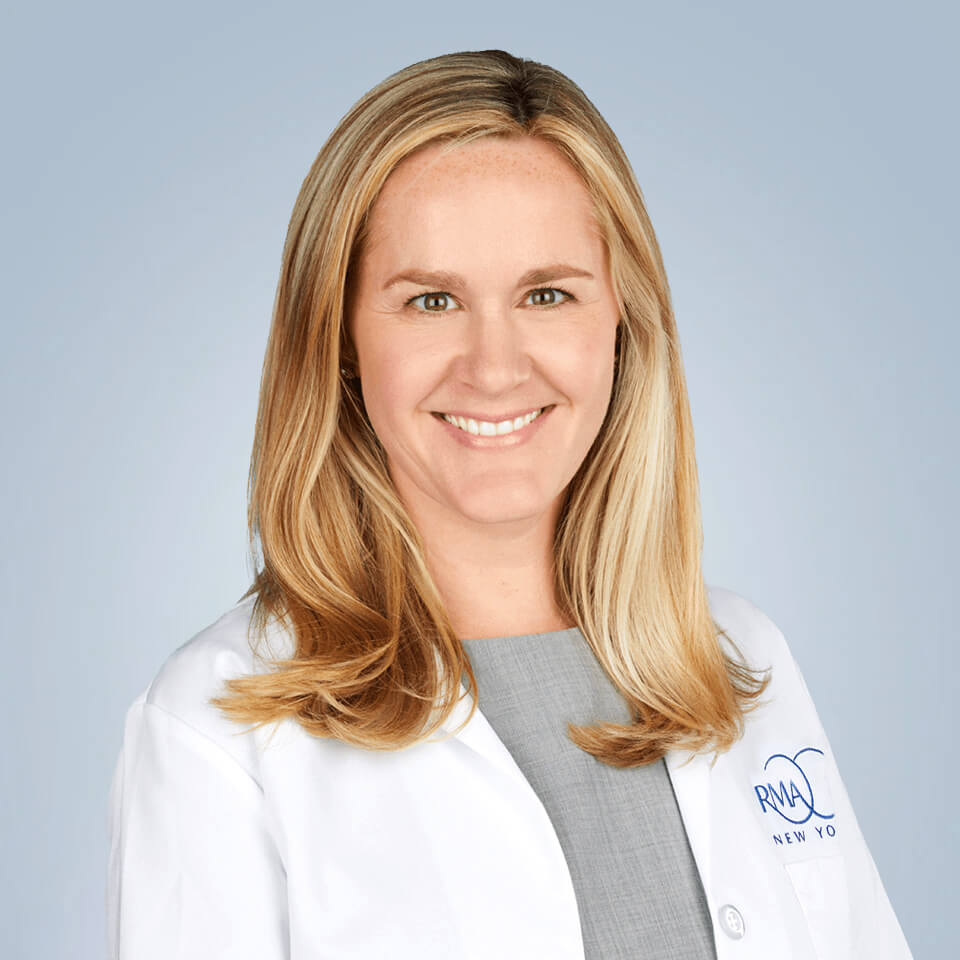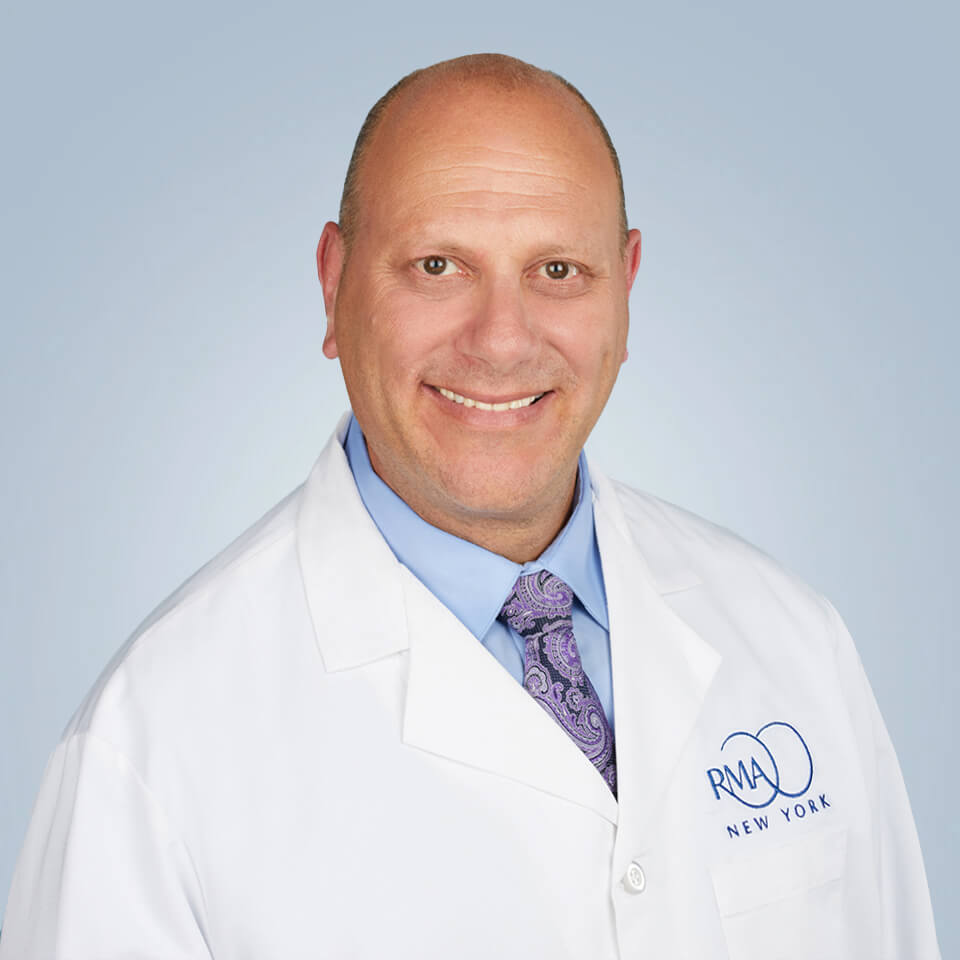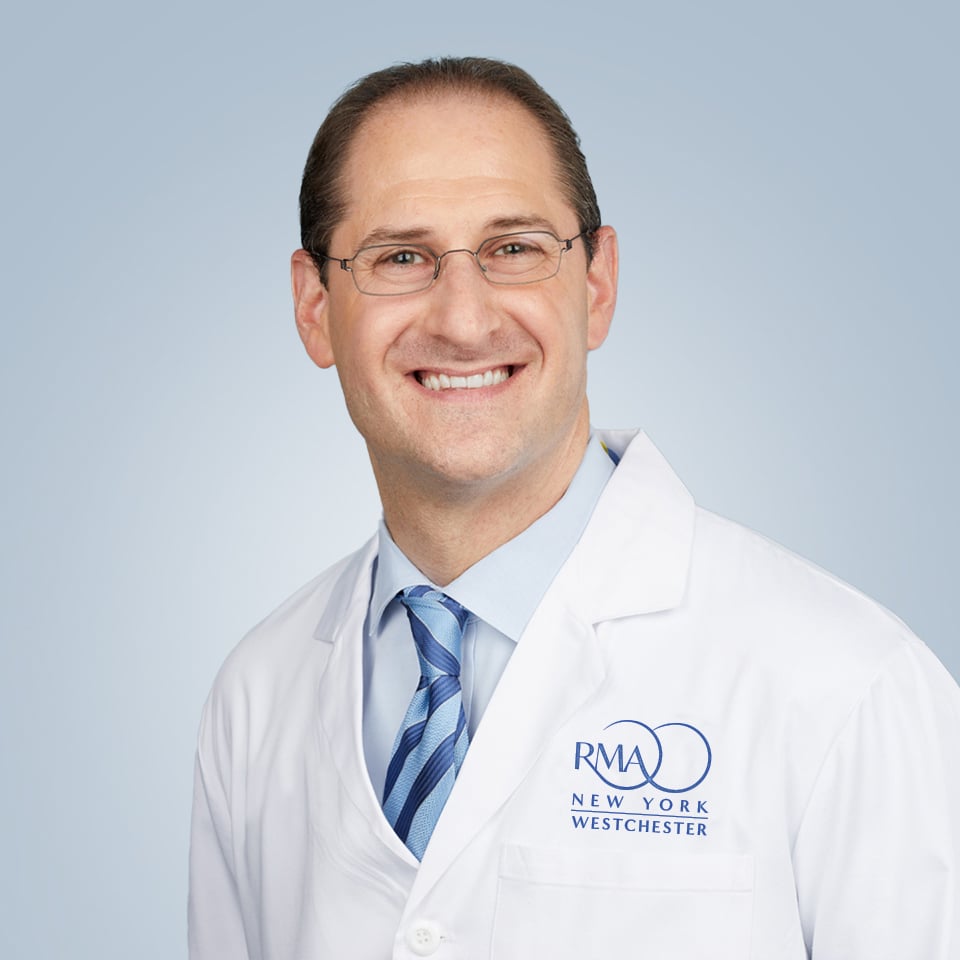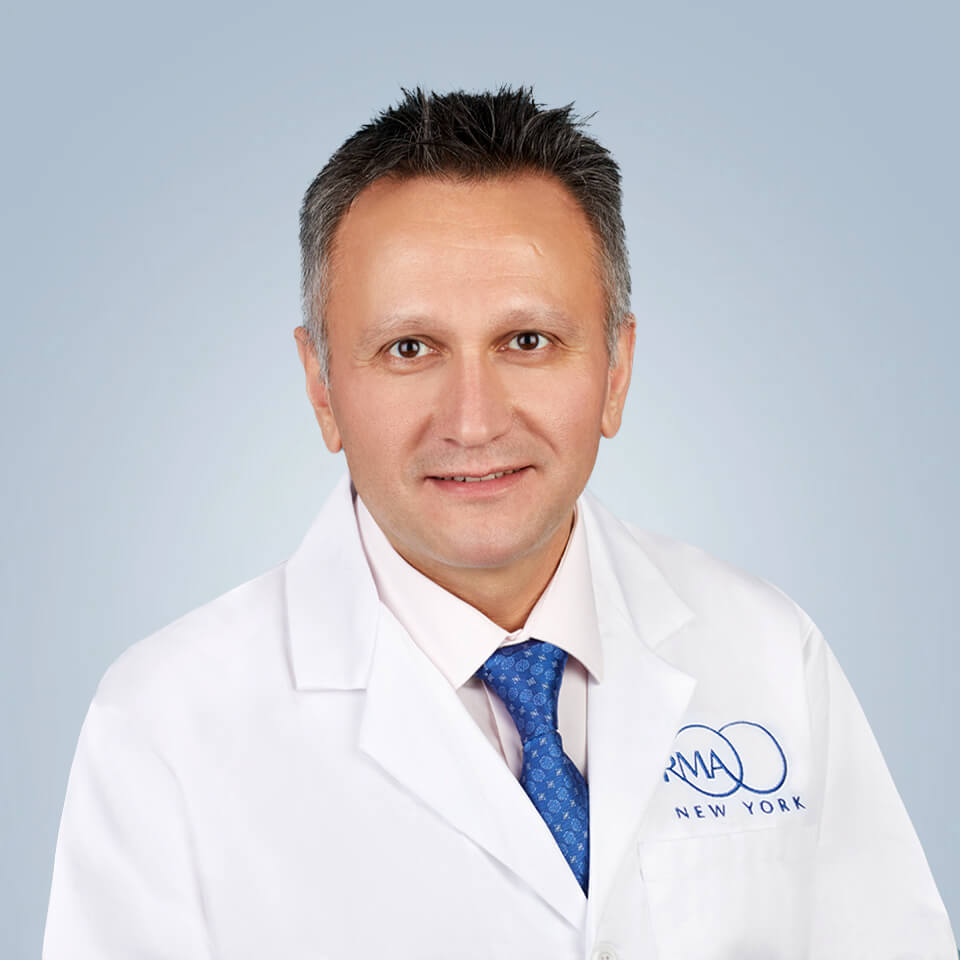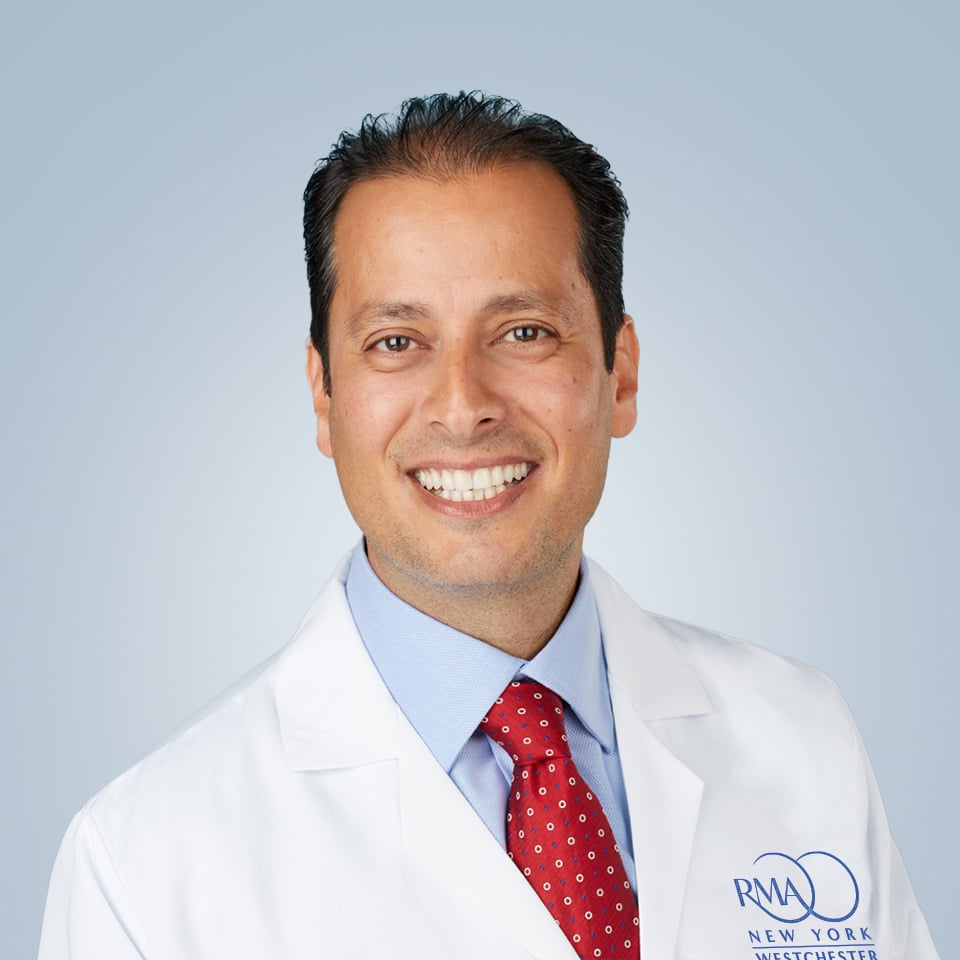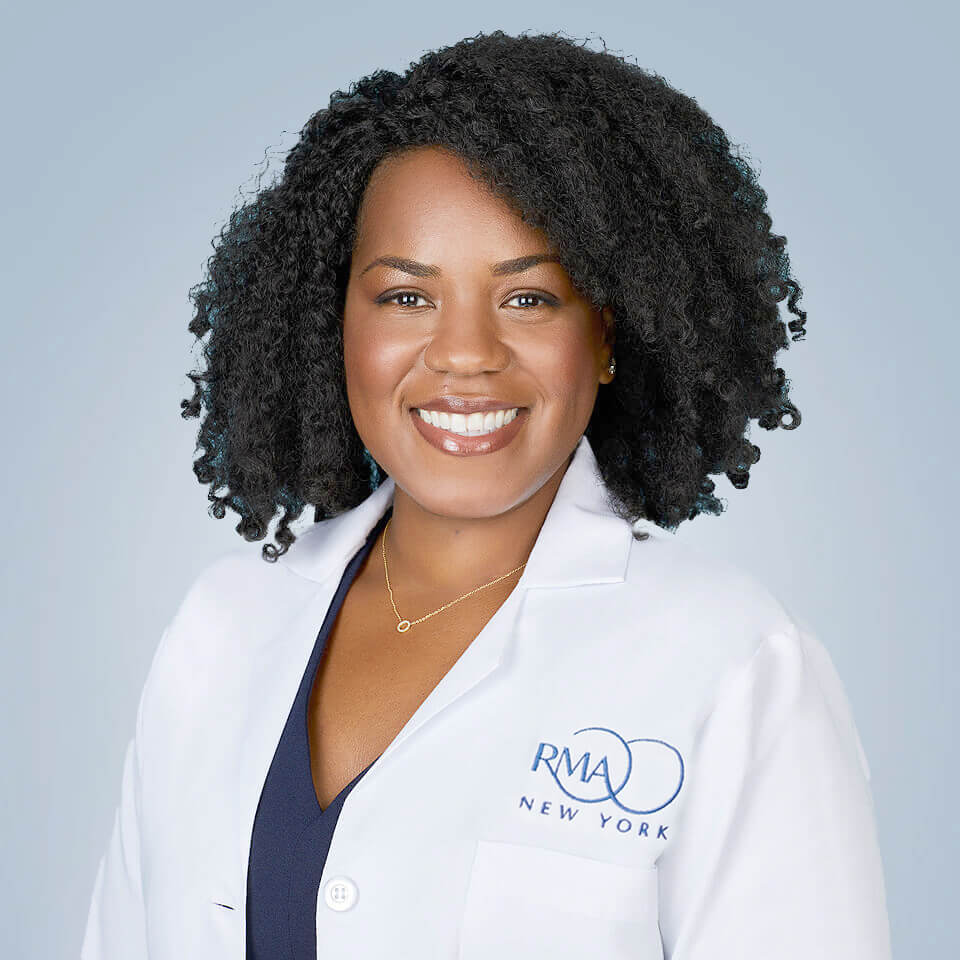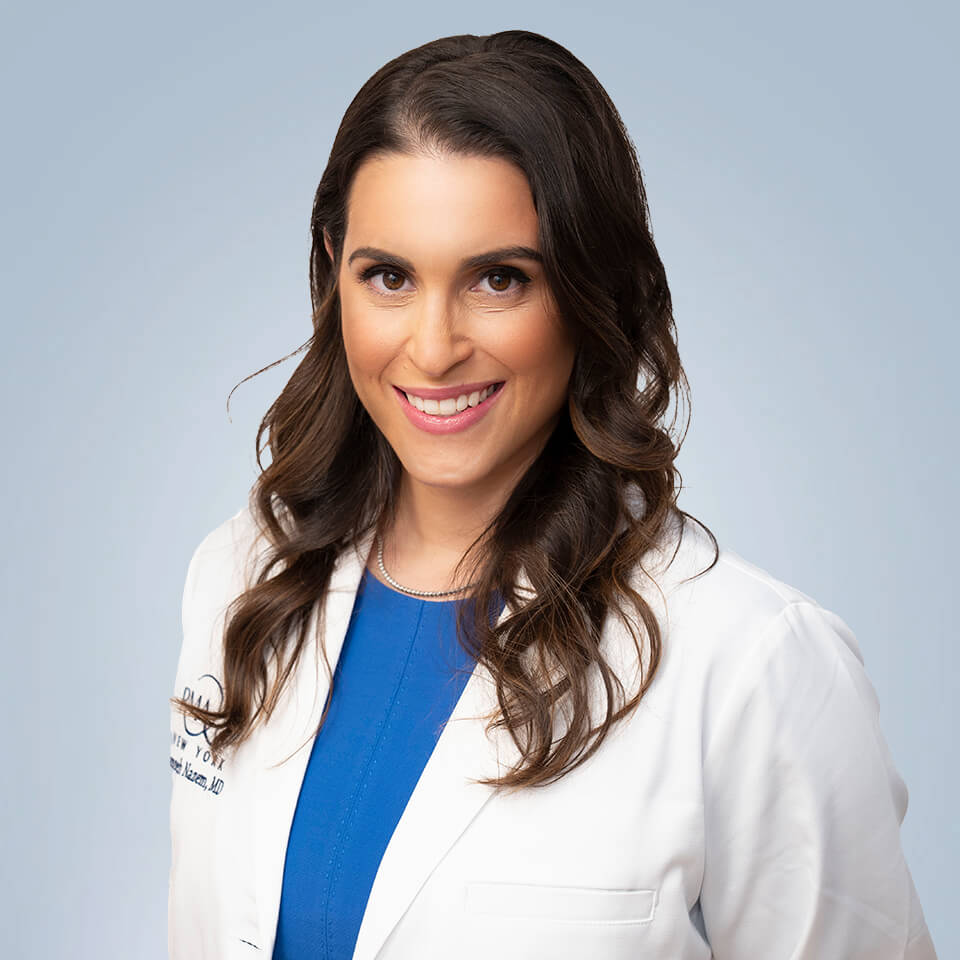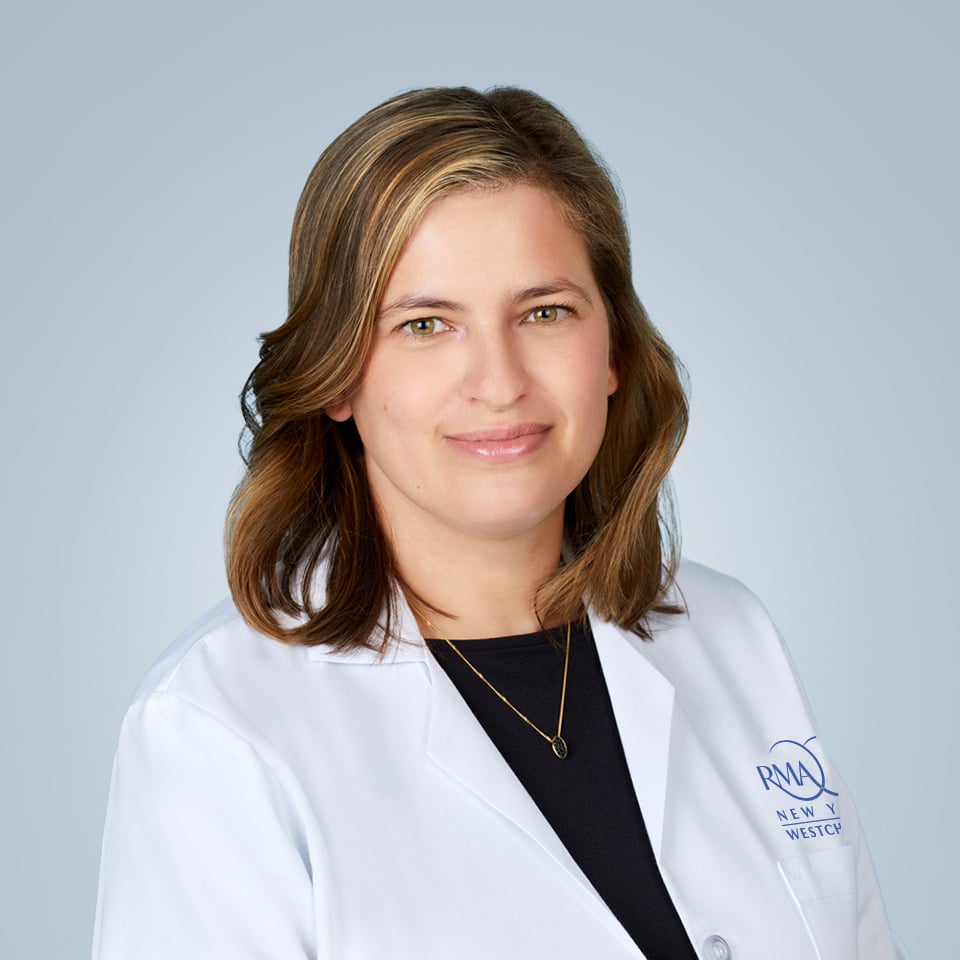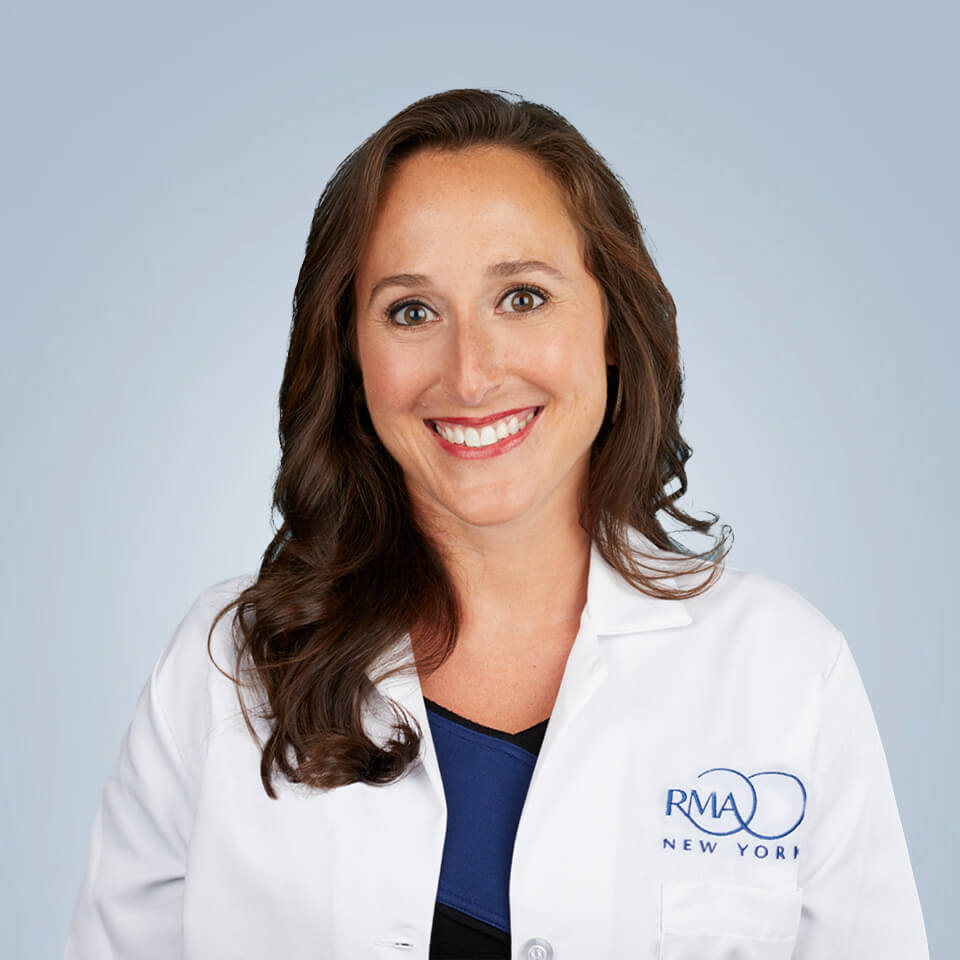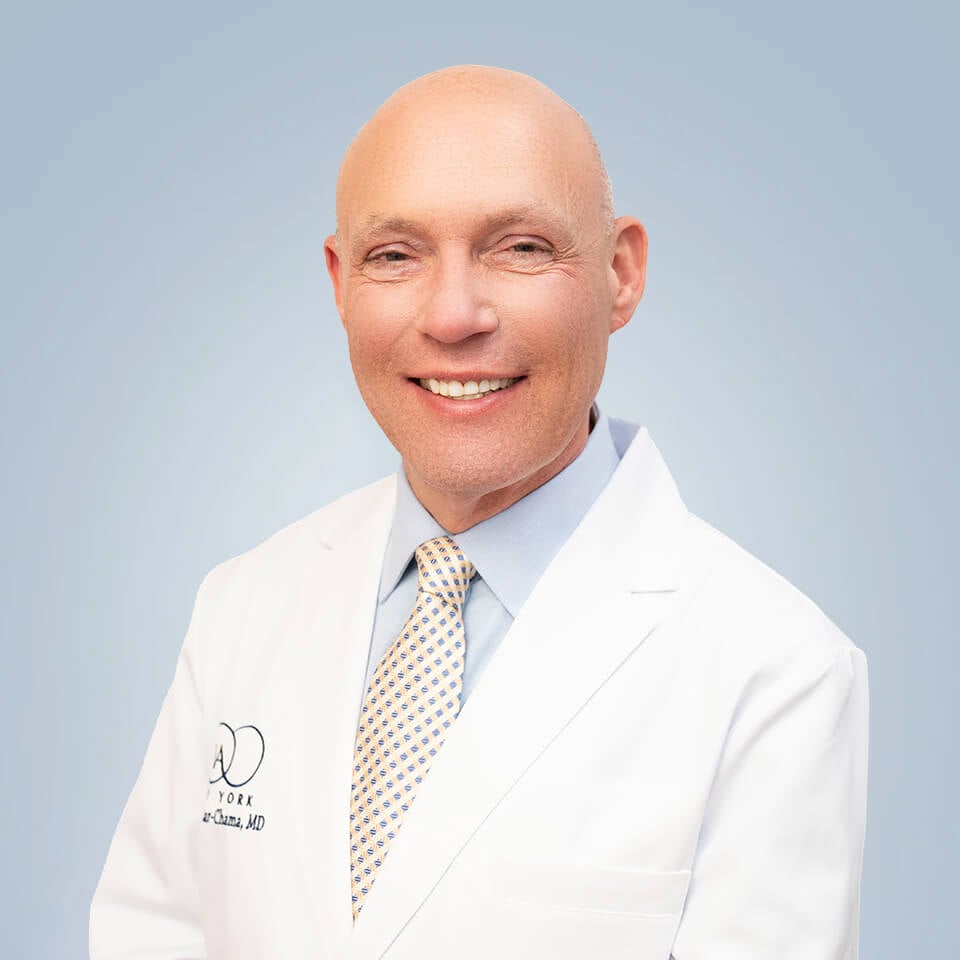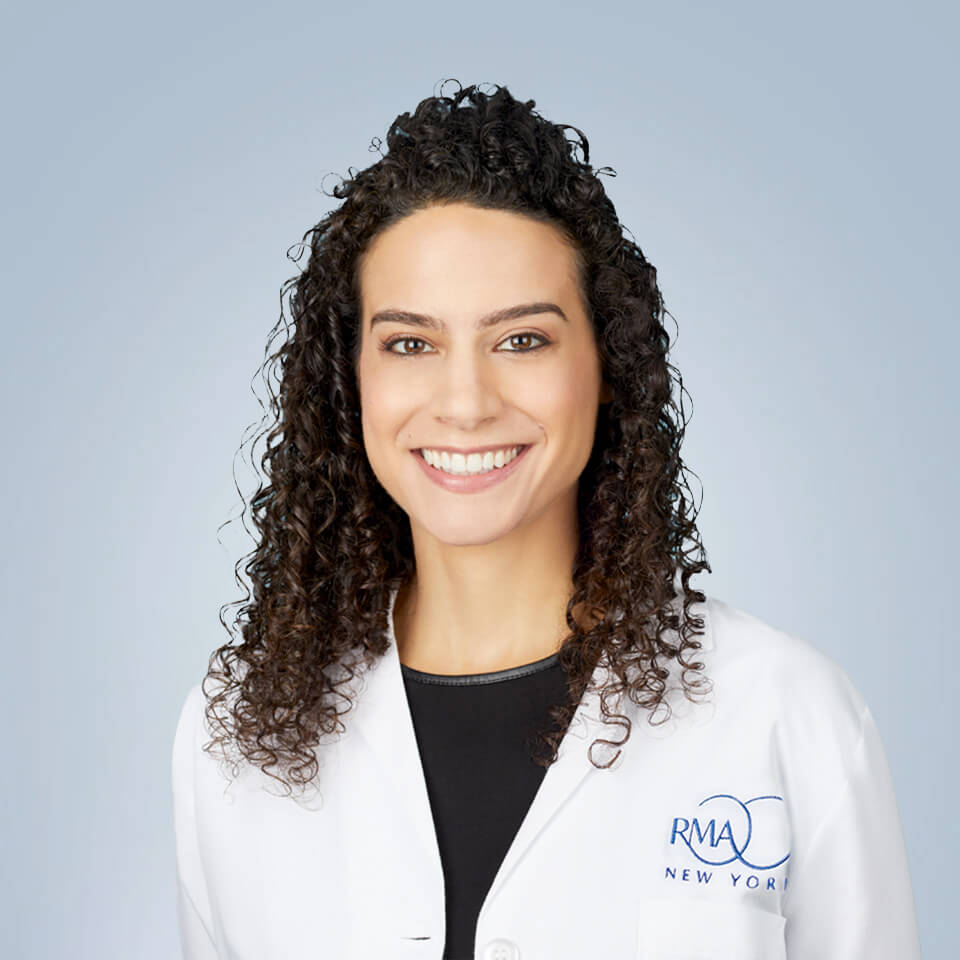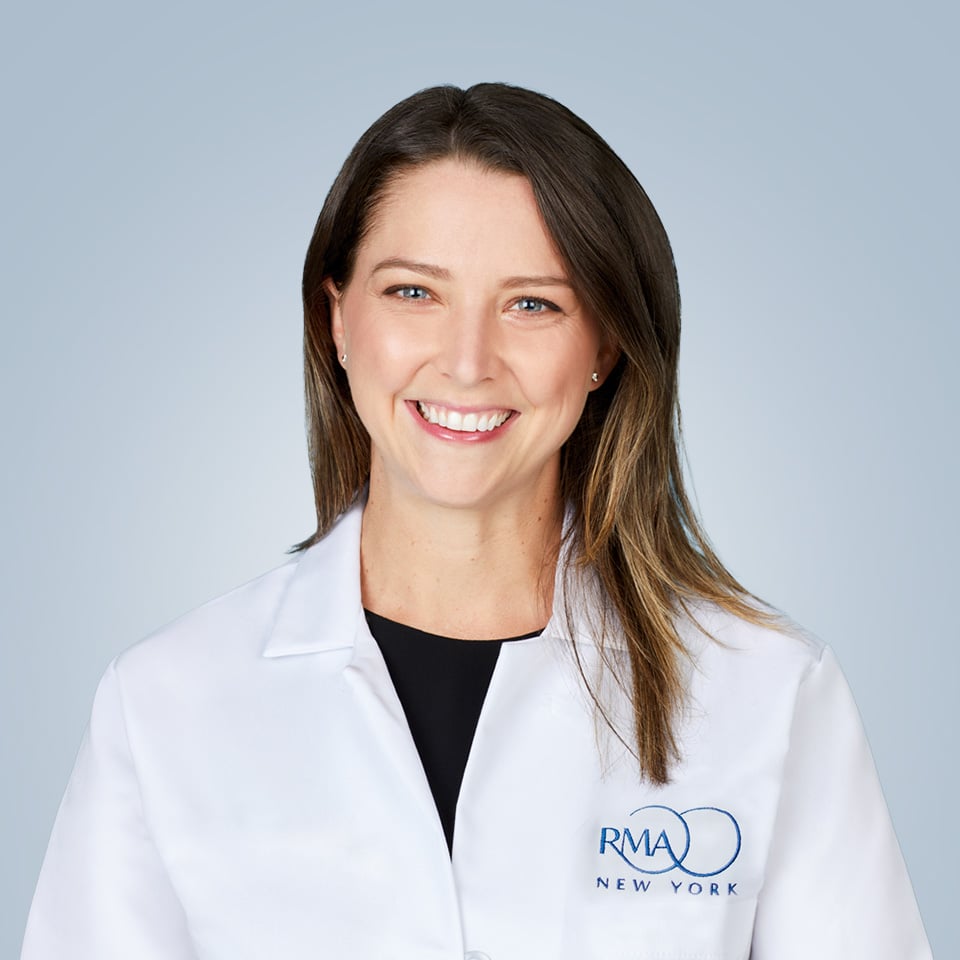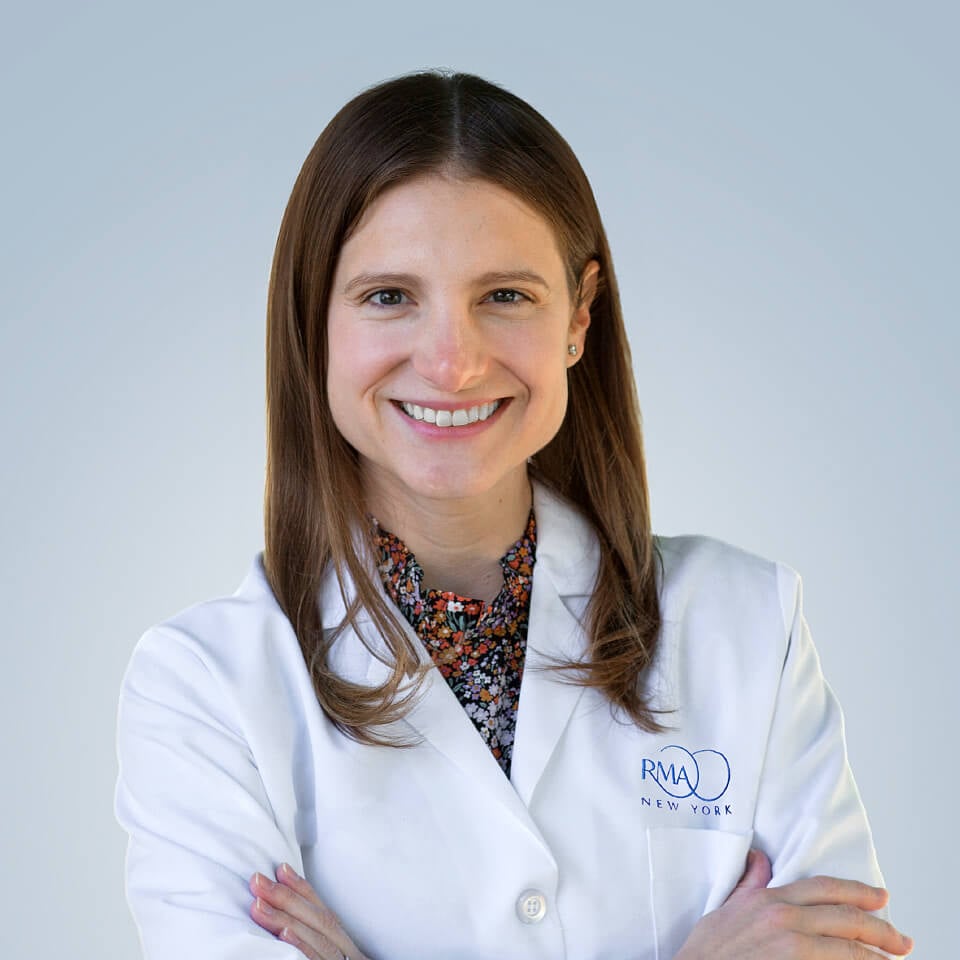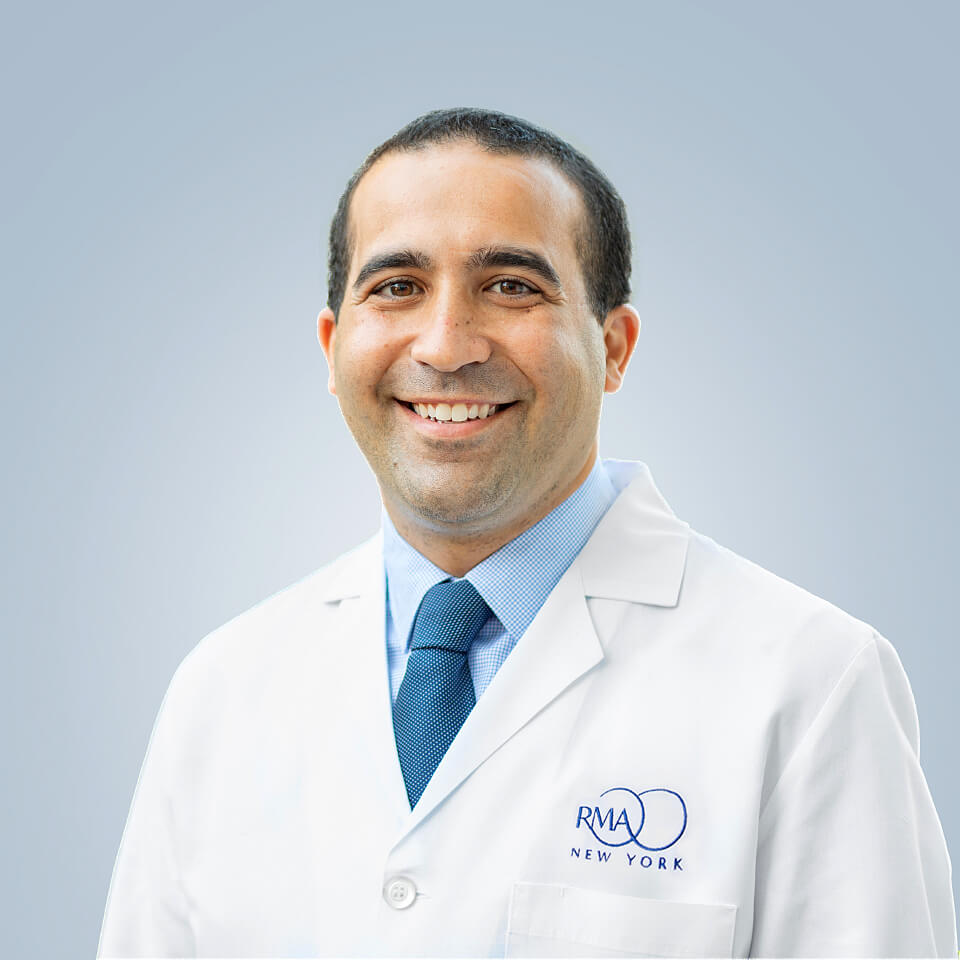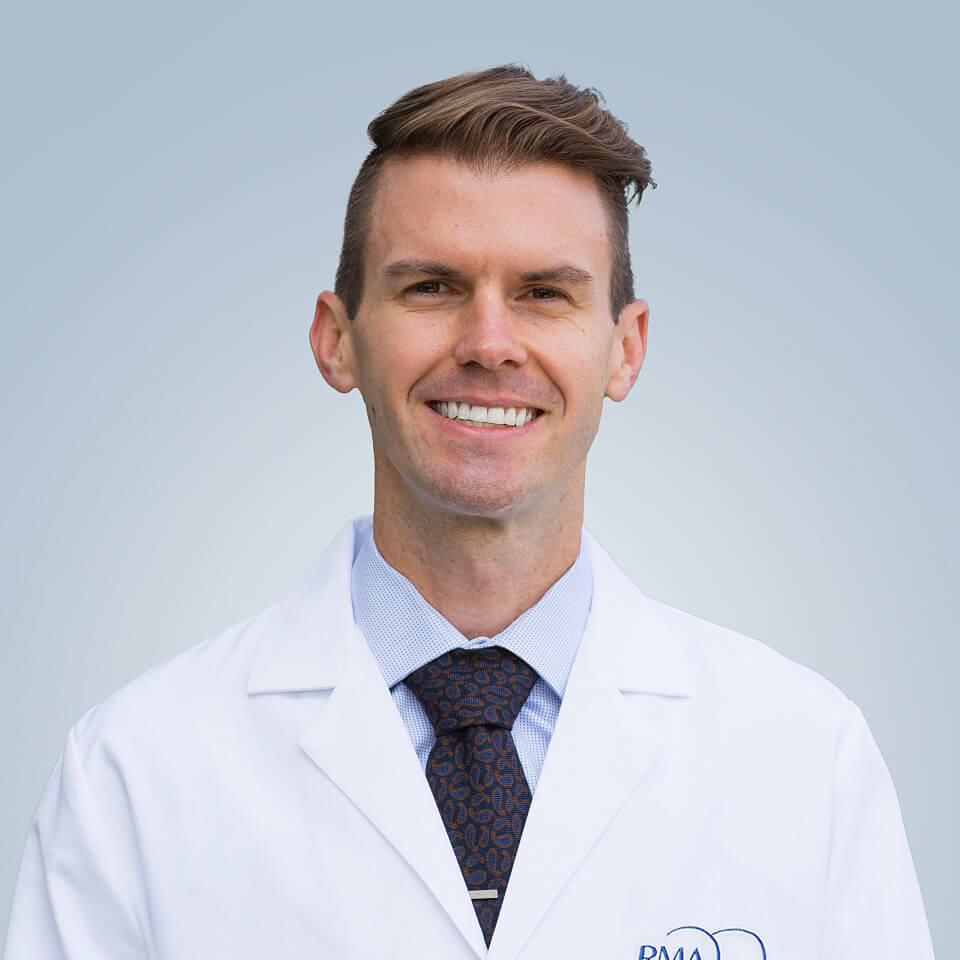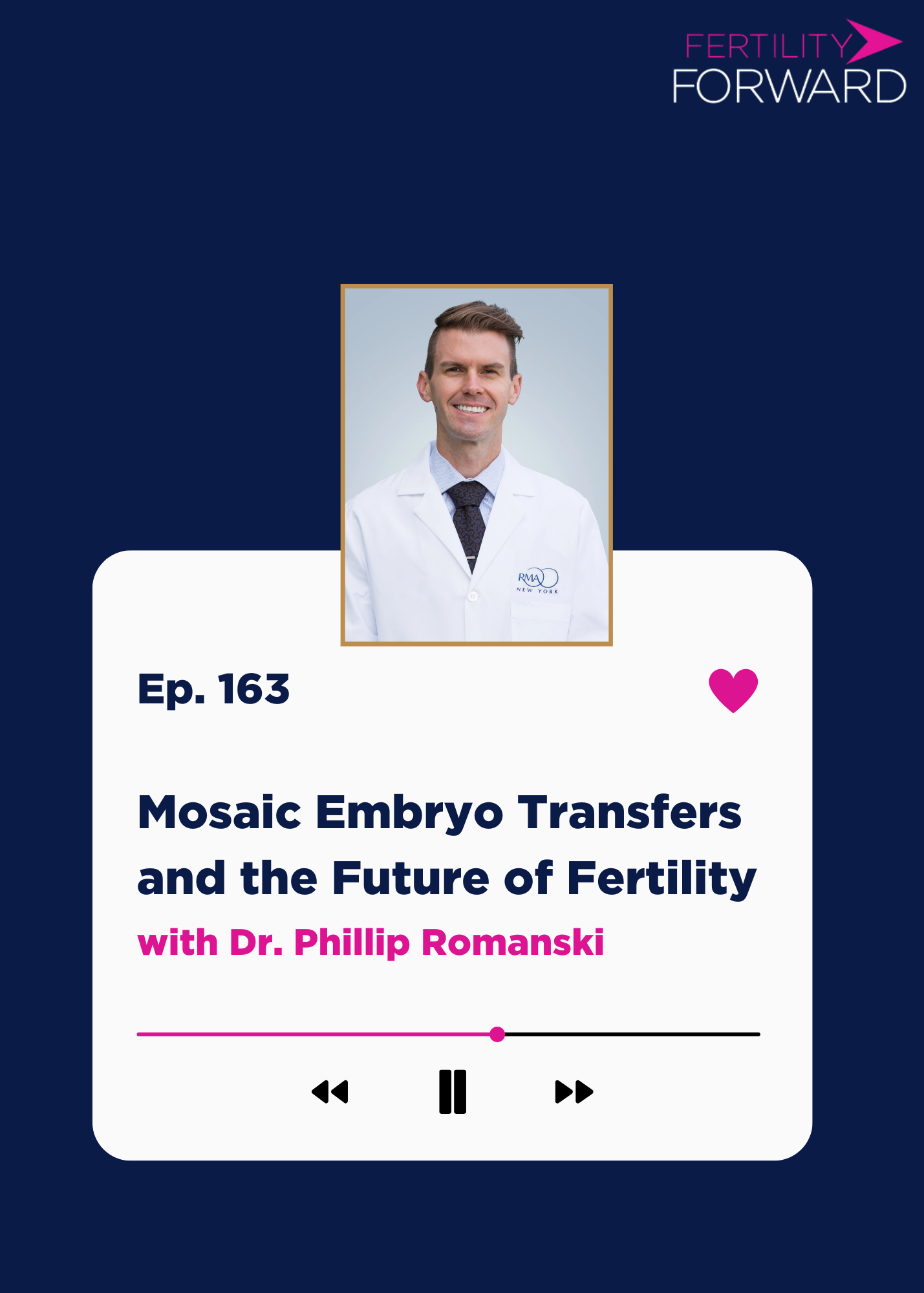About Egg Freezing
Egg freezing, also referred to as oocyte cryopreservation, is a fertility preservation method that allows women to delay family-building while preserving current fertility. RMA of New York’s cutting edge laboratory utilizes the latest advanced cryopreservation technology, called vitrification, which has revolutionized the ability to freeze and successfully thaw frozen eggs. Vitrification is an extremely successful technology and has resulted in the survival of well over 80-90% of eggs frozen and consistently achieves high embryo survival rates.
When should I freeze my eggs?
Women are at their most fertile in their early to mid-20s, after which a steady natural decline in both egg quality and quantity begins, which negatively affects the ability to become pregnant. After the age of 35, the decline typically happens at a more rapid pace. Younger eggs therefore offer a better chance of achieving a healthy pregnancy, which conflicts with the fact that it is very common for women to delay childbearing for a multitude of reasons. Fortunately, advances in egg freezing technology have made it possible to safely and successfully retrieve and freeze unfertilized eggs to be used whenever a woman is ready to start a family.
Oocyte cryopreservation, or egg freezing, can be a valuable opportunity for many women, including those who:
- Are building a career
- Have lifestyle considerations
- Have religious objections to freezing embryos
- Have not yet met the right partner
- Have medical considerations

Preserving Your Fertility: Peace of Mind
At RMA of New York, our goal is to provide you with options that meet your desires for a future family. We offer you the opportunity to stop your biological clock by retrieving, freezing, and storing your eggs during your fertile years so those healthy eggs will be available to create your family in the future when you are ready, thus reducing concerns about an age-related decline in fertility. Though years may go by, the eggs remain the same age they were when retrieved, greatly improving your chance of conception in the future. Our use of innovative cryopreservation techniques has resulted in both a high survival rate when thawing cryopreserved eggs and healthy babies born following fertilization and transfer.
The Egg Freezing Process
Both the egg and embryo freezing processes start much like traditional IVF. Medications are taken to stimulate the ovaries to simultaneously mature multiple eggs that can then be retrieved from the body. The egg freezing process generally takes less than four weeks from start to finish.
![]()
Step One: Consultation and Preparation
The first step is an initial consultation with one of our Fertility Specialists. At this appointment, you and your doctor will discuss your family-building goals and review your medical history. Fertility testing will also take place at this appointment, including blood work and transvaginal ultrasound. These tests assess egg quality and quantity and help your physician evaluate how your body will respond to the fertility medications used in egg freezing. After your appointment, our dedicated team of nurses and coordinators work closely with you to prepare you for the egg freezing process. You will learn about ovarian stimulation, how to administer medications, and the egg retrieval/freezing process.
![]()
Step Two: Ovulation
Fertility medications are prescribed and self-administered by injection daily to stimulate the ovaries and mature numerous eggs at once. Most often, having a greater number of eggs improves the chances of fertilization, and, ultimately, a future pregnancy. While administering your medications, you will come into the office approximately every other day for a short monitoring appointment to assess your progress. Medication adjustments are then made based on the results of your monitoring visits in an effort to highly personalize your treatment to your own individual medication response, in order to optimize your results.
![]()
Step Three: Retrieval
When multiple eggs have matured and are ready, one of our physicians will perform an egg retrieval. This procedure takes approximately 15-20 minutes and is done under general anesthesia at one of RMA of New York’s four full-service IVF laboratories, so there is no need to go to an outside hospital. Using an ultrasound, your physician guides a needle through the vaginal wall and into the ovaries to gently draw the eggs from their follicles into sterile test tubes. After the procedure, you will rest for approximately one hour in our recovery room.
![]()
Step Four: Cryopreservation
After the eggs are retrieved, they are transferred to the embryology laboratory adjacent to the surgical suite. The retrieved eggs are evaluated, and those considered mature are frozen. We provide safe, secure long-term laboratory storage on-site at each of our four full-service IVF laboratory locations - in Manhattan, Brooklyn, Westchester, and Long Island. When you are ready to conceive, the eggs are carefully thawed and injected with sperm. The resulting embryos are transferred into the uterus in an embryo transfer cycle
Egg Freezing at RMA of New York
Advances in Technology
The development of an advanced cryopreservation technique called “vitrification” has allowed for very high egg survival rates. RMA of New York has been at the forefront of egg freezing technology and cutting-edge research. Our successful thaw rate is over 90%. Thousands of babies have been born worldwide from eggs that have been frozen and thawed, and studies have revealed no apparent increase in chromosomal abnormalities or birth defects. Recent findings show that frozen eggs are yielding successful pregnancies and healthy babies at rates comparable to those achieved through In Vitro Fertilization cycles using fresh eggs.
Cost of Egg Freezing
The cost of egg freezing may be partially or fully covered by your health insurance. The level of coverage, if any, depends on the type of insurance plan you have. One of our Financial Services Coordinators will help you navigate your insurance coverage and discuss your out-of-pocket expenses for the procedure.
Egg Freezing FAQs
RMA of New York is at the forefront of egg freezing technology and research. We use the latest advanced cryopreservation technology, called vitrification, which has revolutionized the ability to freeze and then successfully thaw frozen eggs. Our successful thaw rate is over 90%.
If you’re considering freezing your eggs at any age, we recommend that you consult with one of our physicians. Women are at their most fertile in their early to mid-20s, after which a steady natural decline in both egg quality and quantity begins. After the age of 35, the decline typically happens at a more rapid pace. Younger eggs therefore offer a better chance of achieving a healthy pregnancy.
Egg freezing is a valuable option for women who want to delay pregnancy and family-building in order to focus on their career or education. Egg freezing is also a good option for women who have not yet met the right partner, have lifestyle considerations, medical considerations, or religious objections to freezing embryos. Since younger eggs offer a better chance of a successful egg freezing cycle and future pregnancy, it is typically recommended that women interested in egg freezing do so sooner rather than waiting, in order to optimize the chance of success.
The most common side effects of egg freezing are related to the hormone injections used to stimulate egg production. These can include PMS-like symptoms including bloating, mood swings, breast tenderness, and headaches. As with any medical procedure, there are minor risks associated with the egg retrieval process. These include a small risk of bleeding or infection, and rare allergic reactions or breathing complications resulting from anesthesia.
An egg freezing cycle is similar to an IVF cycle. You will self-administer injectable hormone medications for around 10-14 days in order to stimulate the ovaries and mature numerous eggs at once. The injections, which are inserted into the fatty tissue just beneath your skin in your belly area, will likely sting but shouldn’t cause more pain than any other shot you’re used to.
During this phase, you’ll come to the office approximately every other day for a short monitoring appointment to assess your progress and adjust medications as needed. When multiple eggs have matured and are ready, one of our physicians will perform an egg retrieval. This procedure takes approximately 15-20 minutes and is done under light anesthesia at one of RMA of New York’s four full-service office locations. Using an ultrasound, your physician will guide a needle through your vaginal wall and into the ovaries to gently draw the eggs from their follicles into sterile test tubes. After the procedure, you will rest for approximately one hour in our recovery room. The retrieved eggs are transferred to the on-site embryology laboratory where they are evaluated. The eggs considered mature are frozen.
There is no time limit for how long eggs can be cryopreserved.
RMA of New York provides safe, secure long-term cryostorage on-site at each of our four full-service IVF laboratories until you are ready to conceive.
When you are ready to conceive, the eggs are carefully thawed, injected with healthy sperm through a process called Intracytoplasmic Sperm Injection (ICSI), and grown into embryos in our lab. We then commonly perform Preimplantation Genetic Testing (PGT) to identify the healthiest embryo for transfer. You may take fertility medications to prepare your uterus for optimal implantation, and when the timing is right, the embryo is transferred to your uterus with a small catheter through your cervix.
Yes. Egg freezing allows women to delay family-building while preserving current fertility.
The optimal number of frozen eggs needed to achieve pregnancy varies by age. It is recommended that women under 35 may need 12-15 frozen eggs per desired pregnancy, while older women may need 20 or more frozen eggs to achieve pregnancy. This is due to attrition seen during egg thawing, fertilization, and embryo maturation. Each patient’s case is unique and many factors are involved when identifying the best treatment to optimize pregnancy success. A fertility consultation with an RMA of New York fertility specialist, which includes fertility testing, is a great place to begin, in order to identify the best personalized plan for your family-building goals.
Egg freezing success rates can vary greatly based on your age at the time of retrieval and the number of mature eggs that are retrieved and frozen. We recommend speaking with an RMA of New York fertility specialist about whether egg freezing is a good option for you based on your age, medical history, and family-building goals.
The main difference between egg freezing and embryo freezing is the presence of sperm. Egg freezing is done prior to fertilization. In embryo freezing, eggs are retrieved and then fertilized by sperm to create embryos. The embryos may be analyzed using Preimplantation Genetic Testing (PGT) and cryopreserved until ready to be used to attempt pregnancy.
Yes. Egg freezing may still be an option for women with low ovarian reserve. Your provider may recommend freezing eggs before your ovarian reserve continues to decline. You may not retrieve as many eggs in one cycle as someone with an average ovarian reserve. It is important to speak with a fertility physician to discuss your fertility testing results and pregnancy goals.
Yes, egg freezing can be an effective way to preserve fertility before endometriosis potentially causes ovarian damage and infertility. It may also be recommended to freeze eggs prior to surgical treatment for endometriosis, which can negatively impact ovarian reserve.
Yes, oncofertility is the process of preserving fertility prior to cancer treatments that could potentially harm your current fertility level. The fertility preservation options available to you are determined by age, type and stage of cancer, and the recommended treatment. Due to the often urgent timing of cancer treatment, the team at the Mount Sinai-RMA Oncofertility Center expedites this fertility care process. Oncofertility patients are often seen same-day or next-day in order to begin treatment as soon as possible. RMA of New York’s fertility specialists work closely with your treating oncology specialist to ensure integrated, seamless coordination and supervision of your treatment.
Yes, women with polycystic ovary syndrome (PCOS) are often good candidates for egg freezing because they usually have a large number of follicles in their ovaries, which can lead to a good response to ovarian stimulation medications.
The cost of egg freezing may be partially or fully covered by your health insurance. The level of coverage, if any, depends on the type of insurance plan you have. We have a dedicated finance team to help you navigate your insurance coverage and discuss your out-of-pocket expenses for the procedure. The fee for cryogenic storage of eggs is charged in six-month increments and will be discussed during your patient consultation.
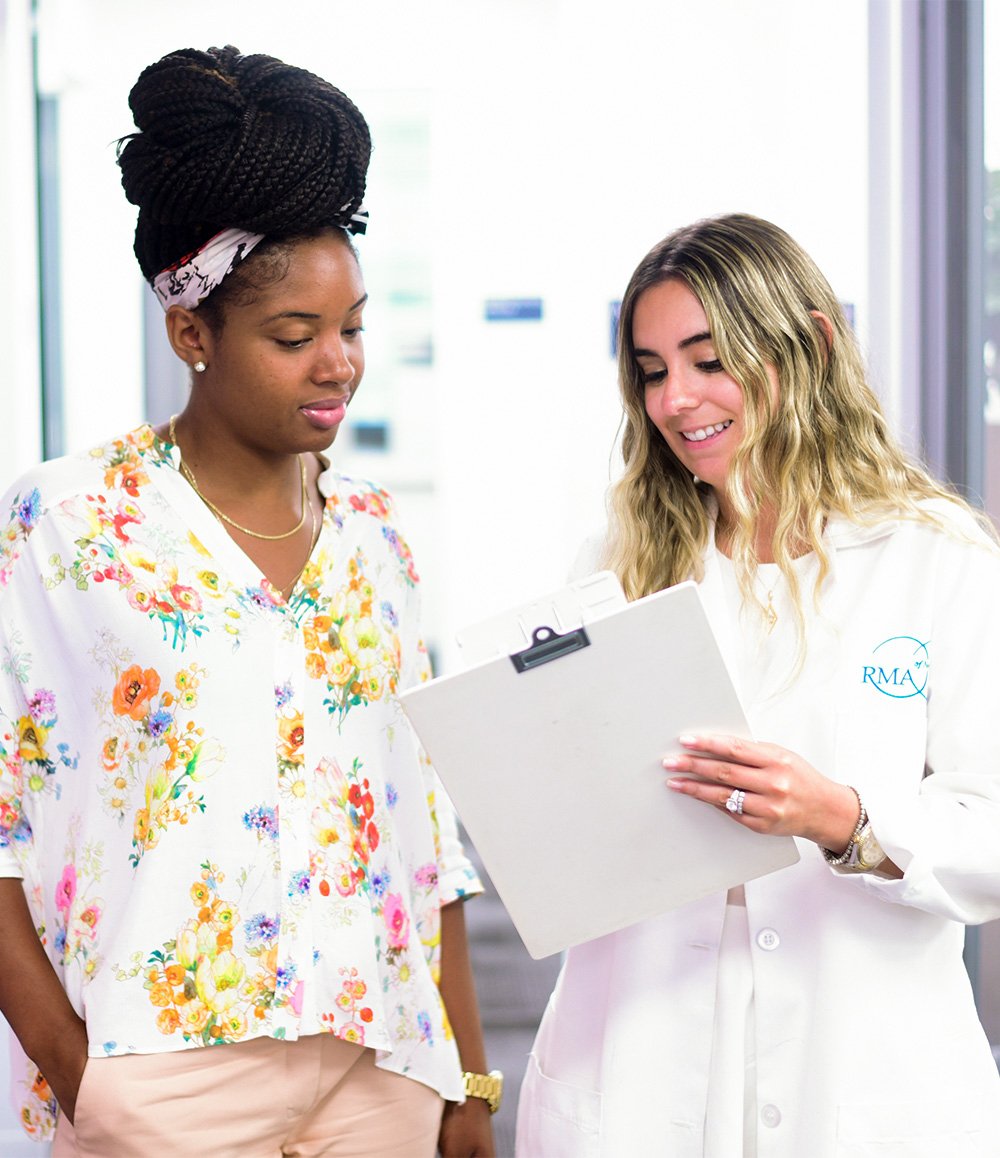
Why RMA of New York: Egg Freezing
RMA of New York serves as the Division of Reproductive Endocrinology and Infertility at Mount Sinai Medical System. Our laboratory team is dedicated to scientific discovery, graduate medical education through RMA of New York’s REI Fellowship Program, and individualized care that focuses on you.
Our team of embryologists are consistently recognized as innovators in reproductive science and medicine, and security and safety standards. RMA of New York has been at the forefront of embryo freezing technology and cutting-edge research, helping countless individuals and partners achieve the dream of building a family.
Featured Resources
![Navigating Fertility Benefits]() Blog
BlogNavigating Fertility Benefits
Navigating your insurance benefits at RMA of New York is an important step in your fertility …
![The Miscarriage Dialogues: Dr. Taraneh Nazem on Post-Loss Care, Hormonal Health & Patient Advocacy]() News & Press
News & PressThe Miscarriage Dialogues: Dr. Taraneh Nazem on Post-Loss Care, Hormonal Health & Patient Advocacy
Miscarriage is too often met with silence or dismissed as “just bad luck.” Dr. Taraneh Nazem shares …
Read More![Ep 163: Mosaic Embryo Transfers and the Future of Fertility with Dr. Phillip Romanski]() Podcast
PodcastEp 163: Mosaic Embryo Transfers and the Future of Fertility with Dr. Phillip Romanski
How can data enable doctors to best support their patients? Reproductive endocrinologist and …
Read More
Get Started
It’s never too early to learn about your fertility and reproductive options.
Have questions?
We can help.
Patient-centric reproductive medicine is our specialty, and we look forward to answering any questions you may have.






